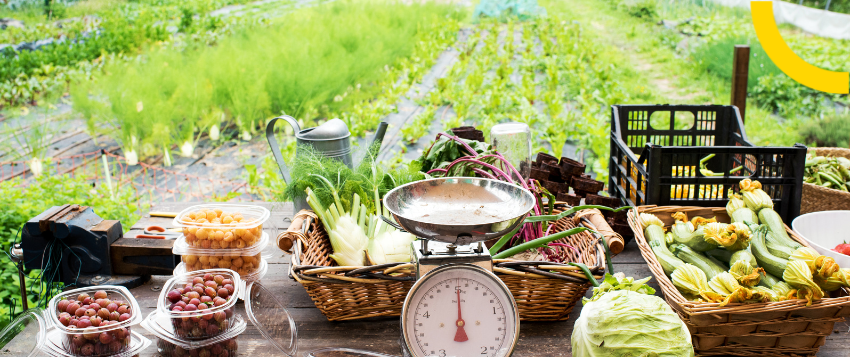As winter descends upon South Africa, the chill in the air often brings about a shift in our dietary habits. The colder months prompt cravings for hearty, comforting meals and warm beverages. However, it’s essential to ensure that our nutrition remains balanced, providing us with the energy and nutrients needed to stay healthy and resilient during this time. Let’s explore some tips for managing nutrition intake effectively during the colder winter months in South Africa.
- Embrace Seasonal Produce: While the winter months may seem devoid of fresh produce, South Africa offers a variety of seasonal fruits and vegetables that thrive in colder climates. Incorporate seasonal favourites such as butternut squash, sweet potatoes, carrots, cabbage, cauliflower, and citrus fruits into your meals. These ingredients are not only flavourful but also packed with essential vitamins, minerals, and antioxidants that support your immune system and overall health.
- Prioritise Nutrient-Dense Foods: Opt for nutrient-dense foods that provide a high concentration of vitamins, minerals, and other beneficial compounds per calorie. Include plenty of whole grains, lean proteins, legumes, nuts, and seeds in your meals to ensure a well-rounded nutrient intake. Whole grains like oats, quinoa, and brown rice offer sustained energy and fibre, while protein sources such as poultry, fish, tofu, and beans aid in muscle maintenance and repair.
- Boost Vitamin D Intake: During winter, reduced sunlight exposure can lead to lower vitamin D levels in the body. Since vitamin D plays a crucial role in immune function, bone health, and mood regulation, it’s important to ensure an adequate intake. Include vitamin D-rich foods such as fatty fish (salmon, mackerel, sardines), fortified dairy or plant-based milk, eggs, and mushrooms in your diet. Additionally, consider spending time outdoors during daylight hours to naturally stimulate vitamin D production in the skin.
- Stay Hydrated: While we may not feel as thirsty during colder weather, it’s still essential to stay hydrated. Drinking an adequate amount of water helps maintain bodily functions, supports digestion, and keeps the skin hydrated. Warm herbal teas, soups, and broths are excellent choices for staying hydrated while also providing warmth and comfort during winter.
- Mindful Indulgence: Winter often tempts us with indulgent comfort foods and sweet treats. While it’s perfectly okay to enjoy these foods in moderation, practicing mindful eating can help prevent overindulgence. Pay attention to hunger and fullness cues, savour each bite, and choose nutrient-rich alternatives whenever possible. For example, opt for homemade soups with plenty of vegetables instead of high-calorie, processed options.
- Plan and Prepare: Take some time to plan your meals and snacks for the week ahead. Batch cooking soups, stews, and casseroles can save time and ensure that you have nutritious options readily available, especially on busy days. Stock up on pantry staples like canned beans, lentils, tomatoes, and whole grains to create quick and healthy meals.
- Supplement Wisely: In some cases, dietary supplements may be necessary to fill nutritional gaps, especially if certain nutrients are lacking in your diet or if you have specific health concerns. Consult with a healthcare professional or registered dietitian to determine if supplementation is appropriate for you and to discuss the most suitable options.
By incorporating these strategies into your winter nutrition plan, you can support your health and well-being throughout the colder months in South Africa. Remember to listen to your body’s cues, prioritise nutrient-rich foods, and indulge in moderation to strike a balance between nourishment and enjoyment. Stay warm, stay healthy, and embrace the flavours of the season!
Disclaimer – Healthi and its associates offers health and fitness information and is designed for educational and entertainment purposes only. You should consult your physician or general practitioner before beginning a new fitness program. You should not rely on this information as a substitute for, nor does it replace, professional medical advice, diagnosis, or treatment. If you have any questions or concerns about your health, you should always consult with a physician, general practitioner, or other qualified healthcare professional. Do not disregard, avoid or delay obtaining medical or health related advice from your healthcare professional because of something you may have read on our publications or lectures. The use of information provided though the urban wellness service is solely at your own risk and is not medical or healthcare advice.











